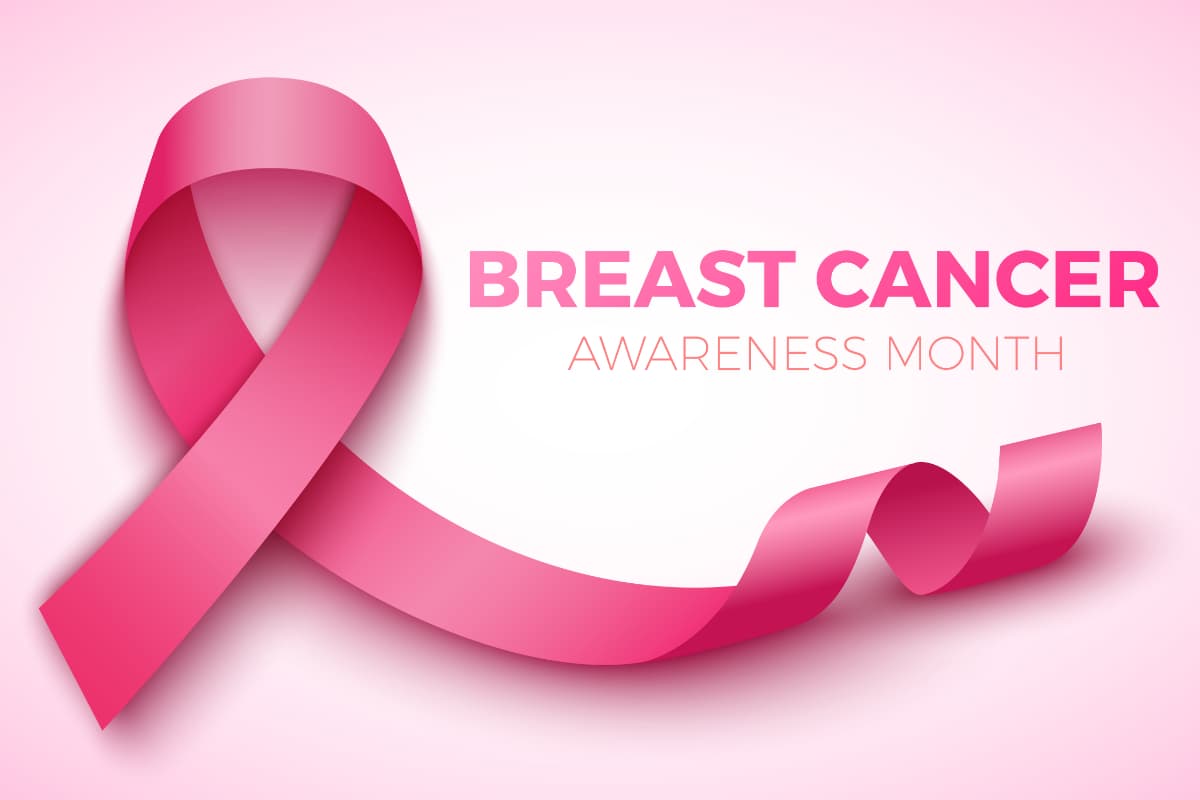Pink October: Unveiling the Truth About Breast Cancer Causes and Lifesaving Actions
It is indeed important to emphasize that October is Breast Cancer Awareness Month, a dedicated period to raise awareness among the public about the importance of prevention, early detection, and support for those affected by this disease.
- Ornella Jameson
- May 13, 2025
- 0 Comments
- 2529 Views
Introduction
Your statistic indicates that nearly one in eight women in the country will receive a breast cancer diagnosis in her lifetime, underscoring the ongoing importance of awareness, research, and education in the fight against this disease.
This also highlights why it is essential for women to be aware of the importance of regular mammography screening, self-examination of the breasts, and seeking medical consultation if they have symptoms or concerns. The earlier breast cancer is detected, the better the chances of effective treatment and recovery.
In October, many organizations worldwide organize campaigns and events to promote breast cancer awareness, collect research funds, and support those affected by the disease. It is important to raise awareness and encourage breast cancer prevention and screening while showing solidarity with survivors and those currently undergoing treatment.
Breast cancer is a prevalent disease that affects millions of people worldwide. Raising awareness about this issue and taking preventive measures to save lives is essential. In this article, we will explore the causes of breast cancer and discuss ways to protect ourselves and our loved ones.
I. What is Breast Cancer?
Breast cancer is a type of cancer that originates in the breast tissue. It occurs when abnormal cells in the breast grow and divide uncontrollably, forming a tumor. If left untreated, this tumor can invade nearby tissues and spread to other body parts.
It can develop in different breast parts, including the milk ducts, the milk-producing glands (lobules), or other tissues. When abnormal cells in the breast begin to grow and multiply uncontrollably, they can form a lump or mass known as a tumor. If not detected and treated early, these cancerous cells can invade nearby tissues and, in some cases, metastasize (spread) to other body parts through the lymphatic system or bloodstream. Early detection through regular screening and prompt treatment are crucial for improving the prognosis and outcomes for individuals with breast cancer.
II. Causes of Breast Cancer
Breast cancer can have multiple causes, including genetic and environmental factors. Let's take a closer look at some of the key contributors to this disease:
- Genetic Mutations: Inherited mutations in specific genes, such as BRCA1 and BRCA2, can significantly increase the risk of developing breast cancer. These genes normally help suppress the growth of cancer cells, but when mutated, they become less effective in their role.
- Hormonal Factors: Hormones play a crucial role in developing breast cancer. Increased exposure to estrogen, a female sex hormone, can heighten the risk of developing breast cancer. Factors influencing estrogen levels include early menstruation, late menopause, and hormone replacement therapy.
- Age: As we age, the risk of developing breast cancer increases. Most breast cancers are diagnosed in women over 50, although younger women can also be affected.
- Family History: Having a close relative, such as a mother or sister, who has had breast cancer can increase an individual's risk. This suggests a possible genetic component to the disease.
- Lifestyle Factors: Certain lifestyle choices can impact the risk of developing breast cancer. These include a sedentary lifestyle, excessive alcohol consumption, smoking, and a poor diet.
III. Taking Steps to Save Lives
Now that we understand some of the causes of breast cancer let's explore the steps we can take to reduce the risk and save lives:
- Regular Self-Exams: Performing monthly breast self-exams is essential for early detection. By familiarizing yourself with your breasts' standard look and feel, you can identify any changes or abnormalities that may arise.
- Clinical Breast Exams: Regular check-ups with your healthcare provider can help detect any potential signs of breast cancer. They can perform a thorough examination and recommend further diagnostic tests if necessary.
- Mammograms: Mammograms are X-ray screenings that can detect breast cancer in its early stages, even before any symptoms are present. It is recommended that women aged 40 and above undergo regular mammograms.
- Healthy Lifestyle Choices: Adopting a healthy lifestyle can significantly reduce the risk of developing breast cancer. This includes maintaining a balanced diet, exercising regularly, limiting alcohol consumption, and avoiding tobacco products.
- Genetic Testing: If you have a family history of breast cancer, genetic testing may be an option to assess your risk. This can help determine if you carry any gene mutations associated with breast cancer.
Conclusion
Breast cancer is a widespread disease that affects numerous individuals and their families. Understanding the causes of breast cancer and taking proactive steps toward prevention and early detection can significantly save lives. Let's come together and raise awareness about breast cancer this October and every month to ensure a healthier future for all.
Disclaimer: This article is for informational purposes only and should not replace professional medical advice. Please consult with a healthcare provider for personalized guidance and recommendations.

 | Unlock Success with Our Guide
| Unlock Success with Our Guide



0 Comments